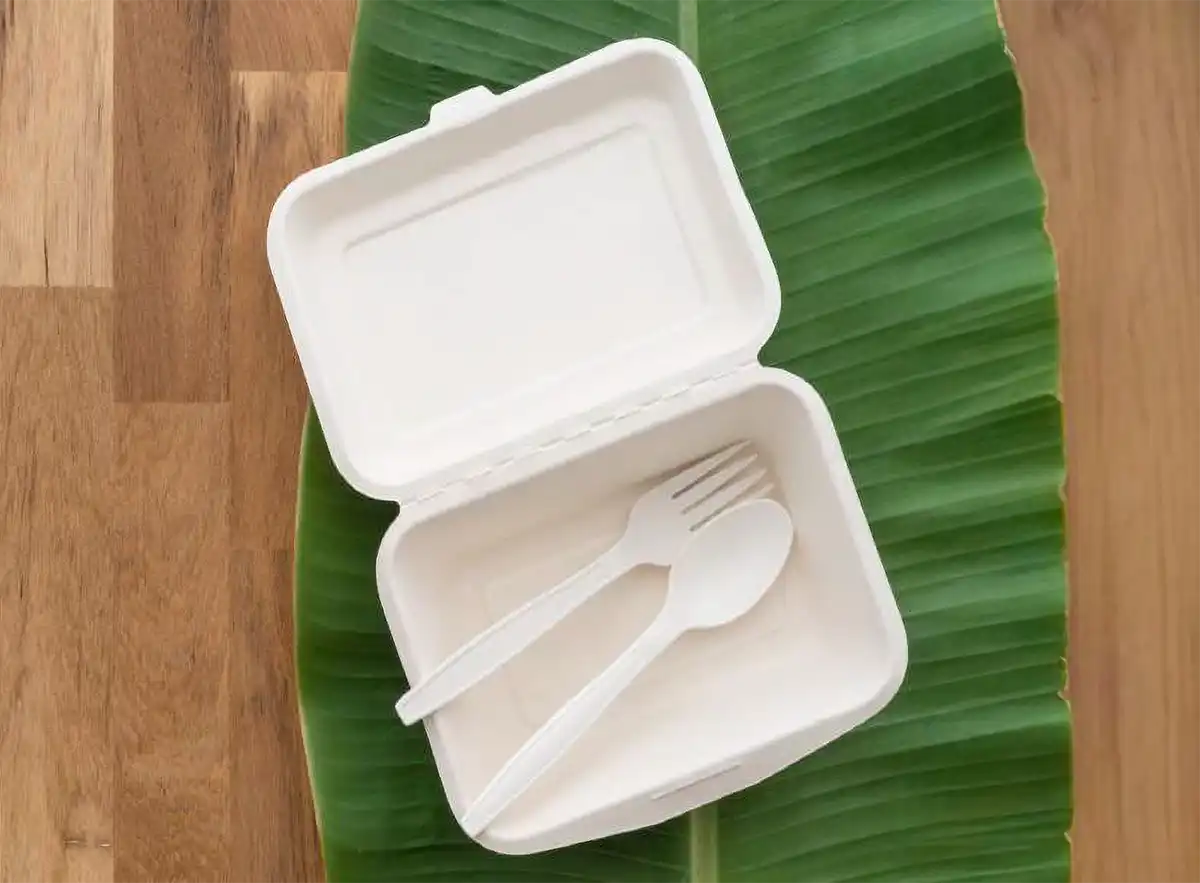

experience our website.


Corrugated card, also known as corrugated cardboard, is a sturdy, lightweight material made from three layers of paper. It consists of an outer liner, an inner liner, and a fluted (or wavy) middle layer sandwiched between them. This structure gives it strength and durability, making it ideal for packaging, shipping, and crafting. The fluted middle layer provides cushioning, protecting items from impacts during transport.
This structure helps maintain the freshness of the food by providing insulation and absorbing moisture. It is food-safe, recyclable and customisable, making it a sustainable and versatile choice for various types of food packaging.
This fluted design helps prevents packaging from damaging while also retaining heat and absorbing moisture, ensuring your food stays fresh. The material is food-safe, recyclable and customisable, making it ideal for branding and efficient delivery.
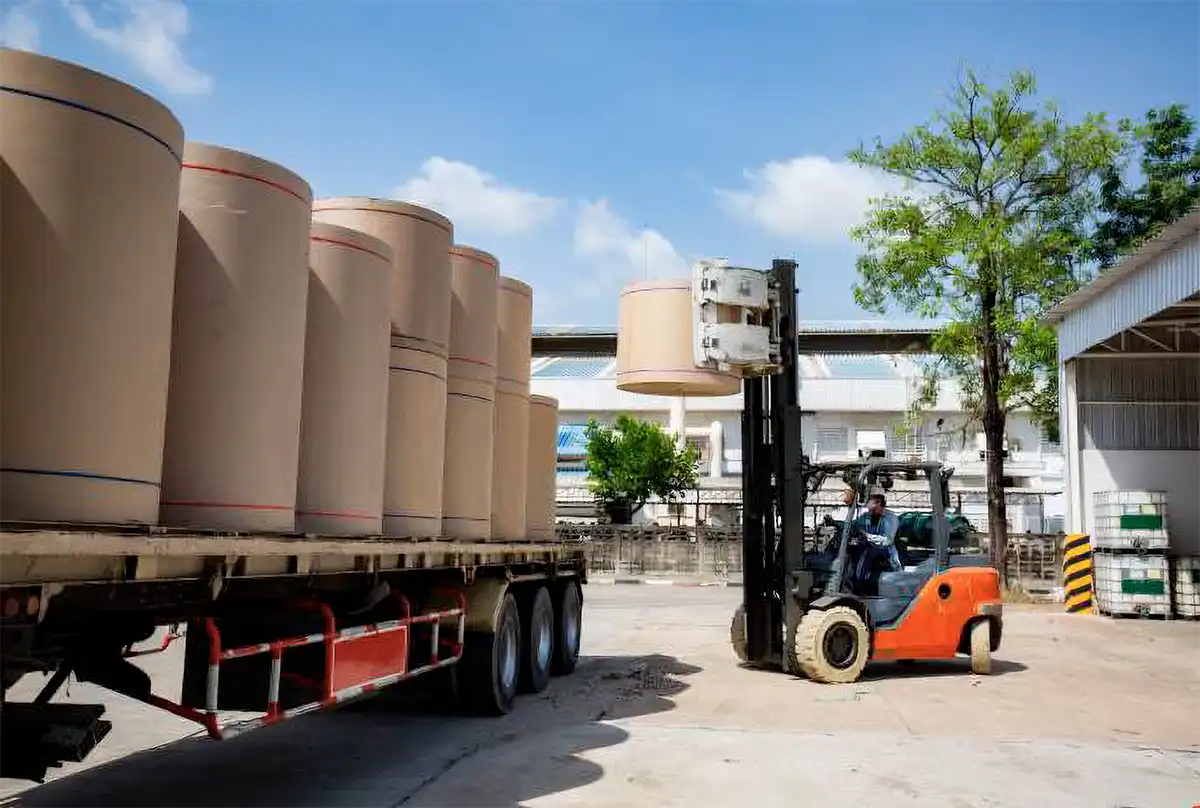
Offset-printed kraft food containers are eco-friendly packaging made from durable kraft paper, offering both strength and sustainability. The natural, grease-resistant material keeps food fresh and secure while providing a smooth surface for high-quality offset printing.
These containers are lightweight, food-safe, and biodegradable, making them an ideal choice for various food applications. The offset printing allows for vibrant designs and branding, combining practicality with an attractive, environmentally-conscious solution for food packaging.
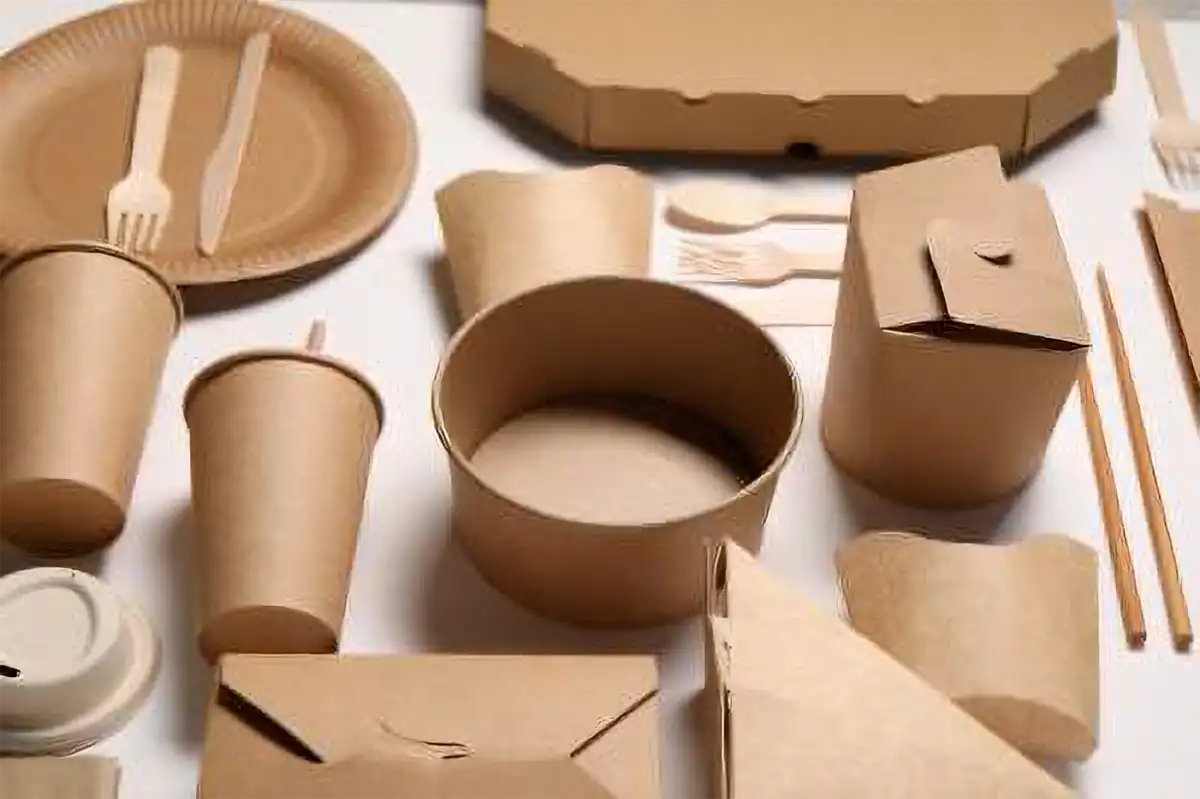
Paper conversions involve transforming high-quality paper into practical packaging and wrapping products designed for various uses. Made from durable, renewable materials, these products offer excellent strength, flexibility, and tear resistance, ensuring reliable performance for food, retail, or industrial applications.
The natural composition of paper makes it biodegradable and recyclable, supporting environmentally-conscious practices. Paper conversions provide a versatile, eco-friendly solution that balances functionality with sustainability, meeting the demands of modern packaging while reducing environmental impact.
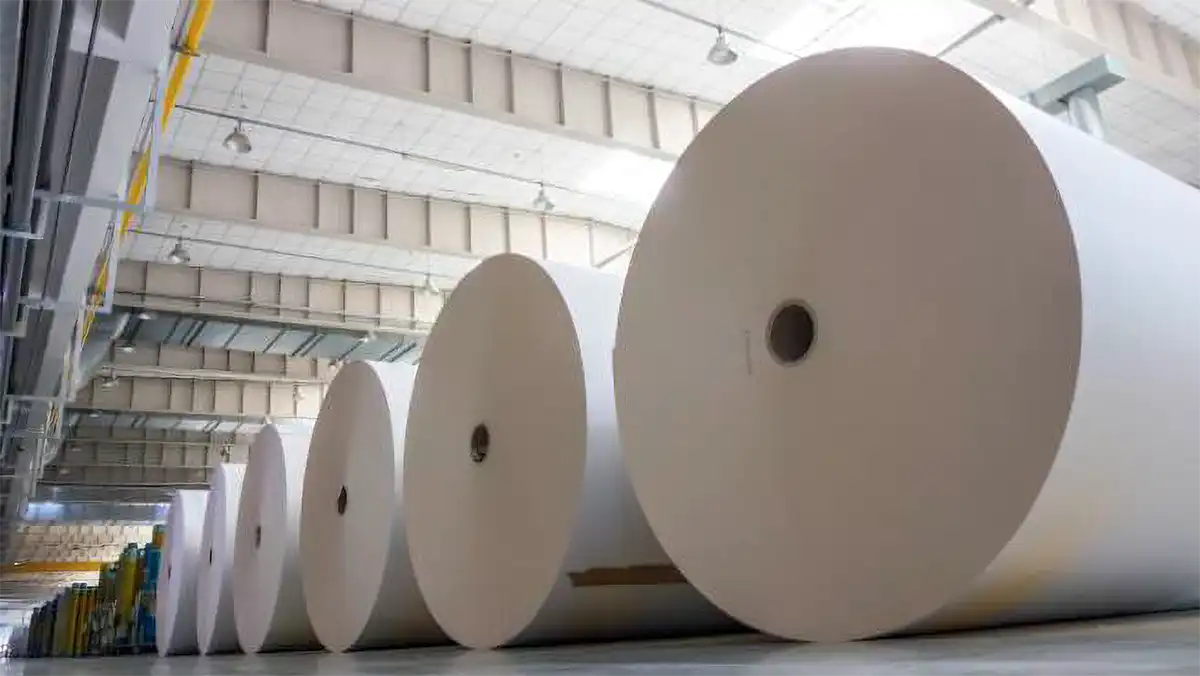
Aluminium is a lightweight, durable, and versatile material that is highly valued for its strength and resistance to corrosion. Its excellent heat conductivity makes it ideal for products like foil rolls and containers, as it helps retain heat and maintain food freshness.
Aluminium is also non-toxic, food-safe, and offers a protective barrier against moisture, light, and odours, making it a popular choice for food packaging. Additionally, it is recyclable, making it an environmentally-friendly option. Its flexibility and ability to be easily molded into various shapes make aluminium perfect for a wide range of applications, from cooking and storage to packaging and transportation.
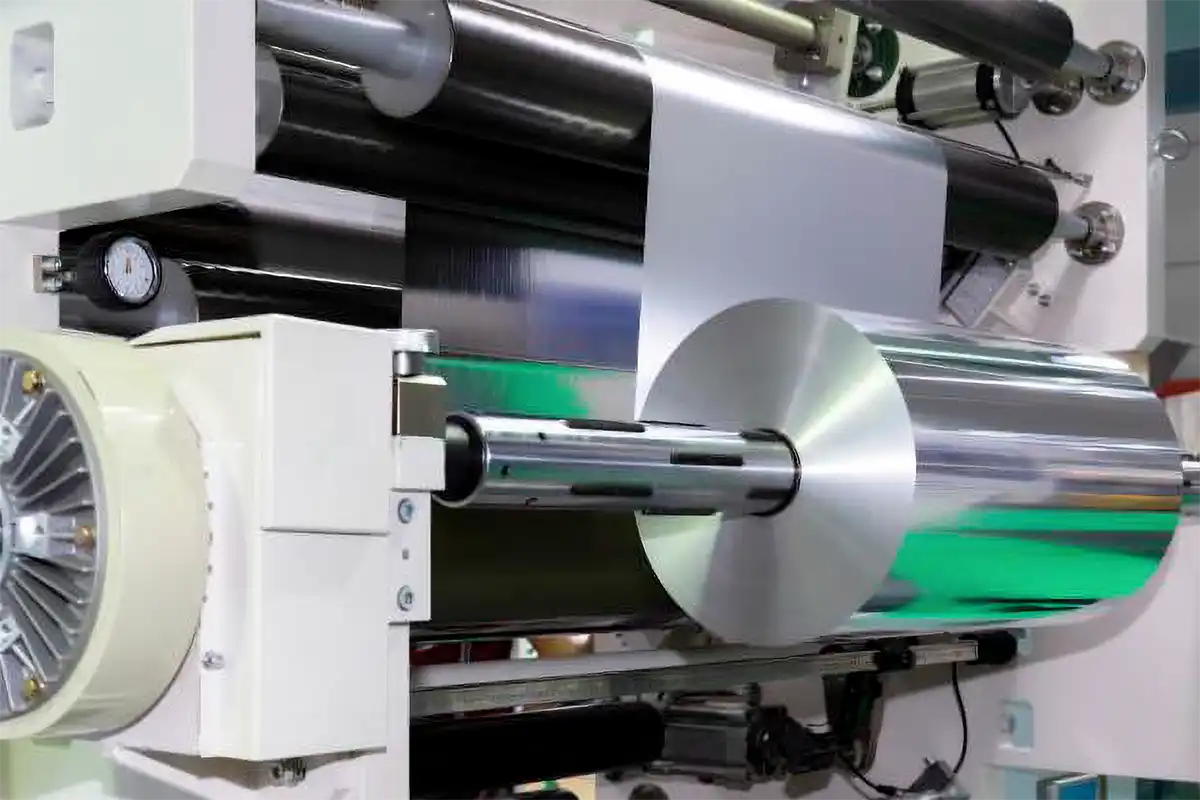
Thermoform and injection moulders are advanced manufacturing techniques used to create durable, precise, and lightweight products, particularly for food packaging. Thermoforming involves heating plastic sheets to mold them into specific shapes, while injection molding injects molten plastic into molds for complex designs. Both methods produce foodsafe, leak-resistant containers that preserve freshness and prevent contamination.
Their precision ensures consistent quality, and the lightweight design enhances convenience for transportation and use. Highly efficient and versatile, thermoform and injection moulders are ideal for creating sustainable, recyclablepackaging solutions tailored to modern food service needs.
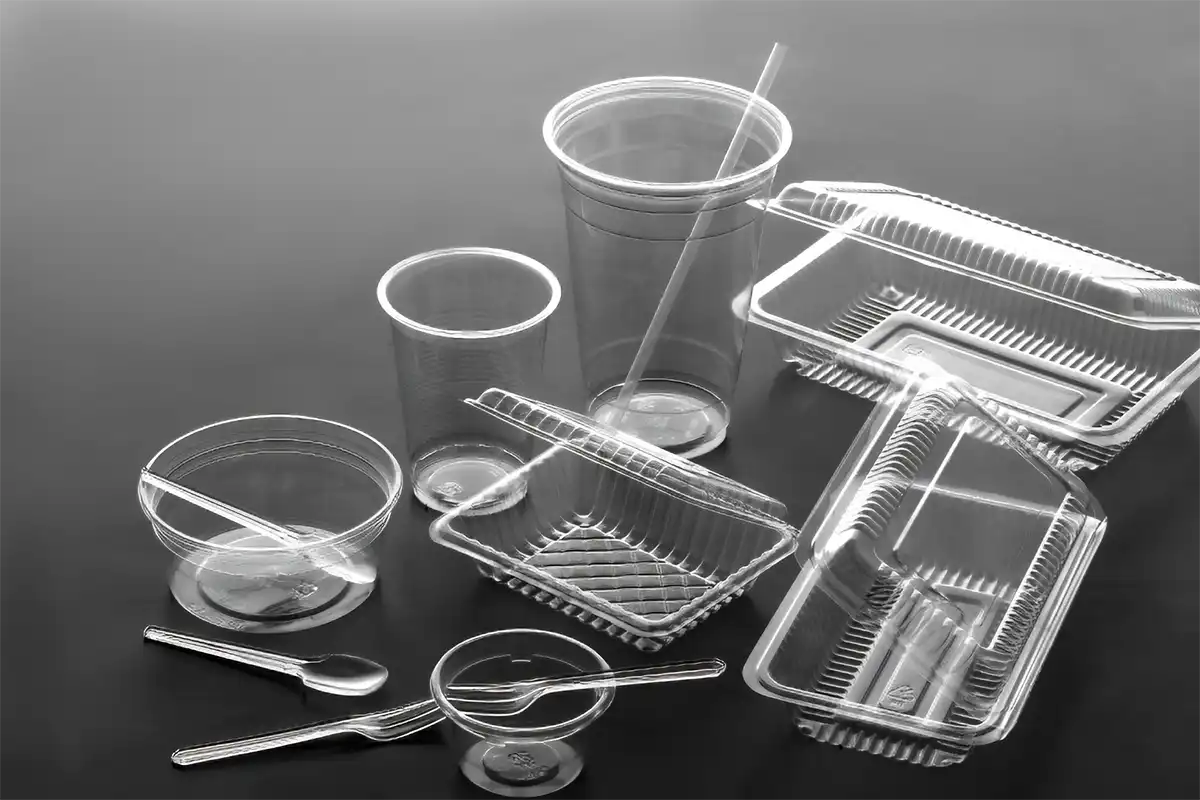
Extruded polypropylene burger boxes are lightweight, durable containers made from high-quality polypropylene, a material known for its strength and heat resistance. This construction ensures the boxes are sturdy, food-safe, and effective at maintaining food freshness and temperature. Ideal for burgers, sandwiches, and other hot foods, these boxes prevent leaks and provide excellent insulation.
Their compact, stackable design makes them easy to store and transport, perfect for takeout and delivery. Additionally, polypropylene is recyclable, offering a practical, eco-friendly solution that combines reliability with sustainability for food packaging needs.
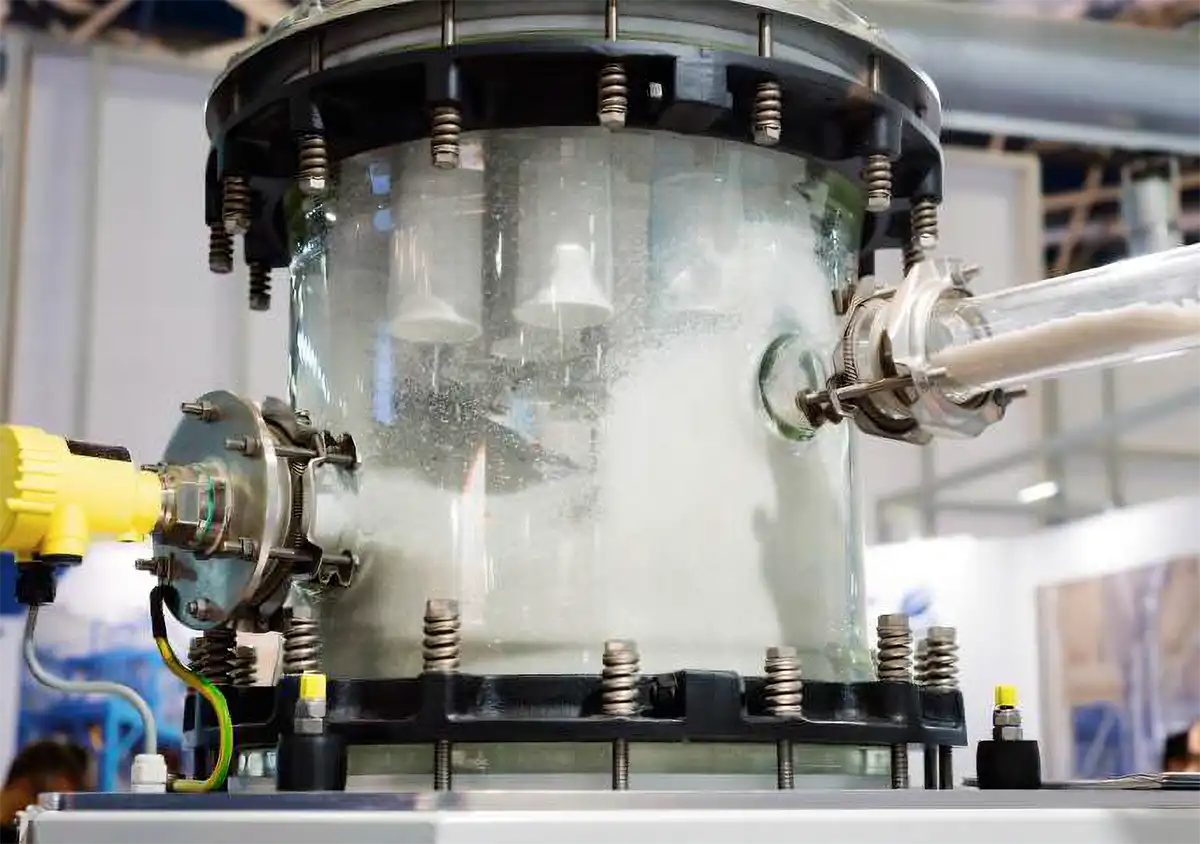
Cling film pallet wrap is a strong, stretchable material designed for securely wrapping and stabilising palletised goods during storage and transport. Made from high-quality polyethylene, it offers excellent flexibility, durability, and puncture resistance, ensuring reliable protection for various load types.
The film’s self-clinging properties create a tight seal, preventing shifting and safeguarding products from dust, moisture, and damage. Lightweight and easy to use, it enhances efficiency while reducing material waste. Cling film pallet wrap provides a practical, cost-effective, and versatile solution for securing goods in industrial and commercial settings.
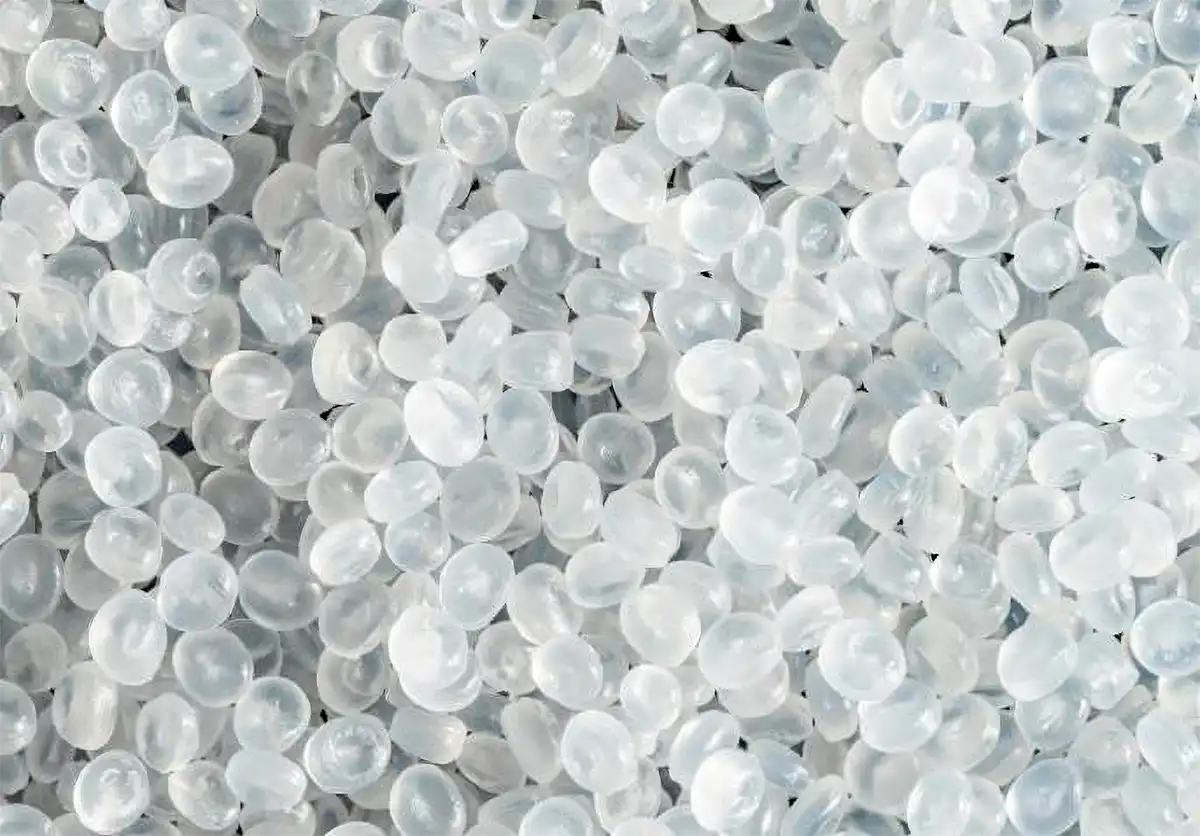
HDPE vest carriers are lightweight, durable bags made from high-density polyethylene, known for its strength and flexibility. This material ensures excellent tear resistance and the ability to handle heavy or bulky loads with ease. Their vest-style handles provide a secure grip for comfortable carrying, making them ideal for retail, grocery, and takeaway applications.
These bags are compact for efficient storage and offer a cost-effective solution for everyday use. Additionally, HDPE is recyclable, supporting environmentally-conscious practices while delivering a reliable and practical packaging option.
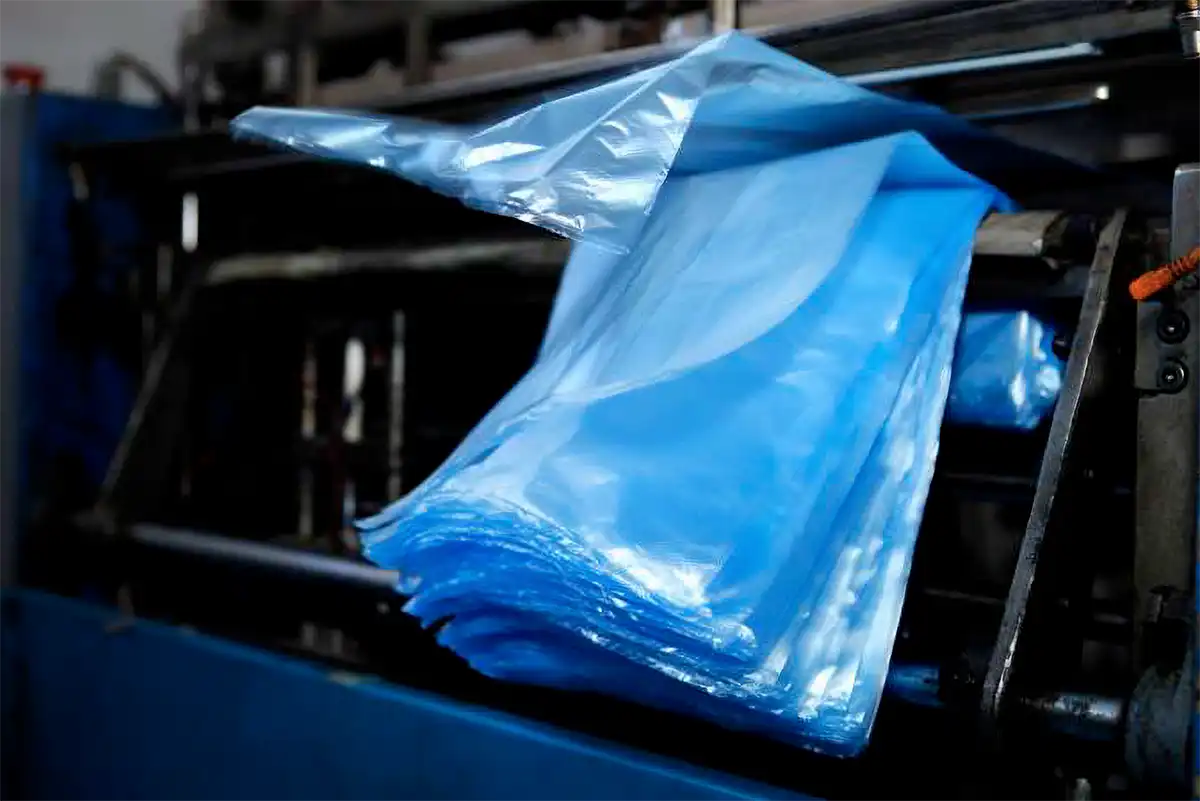
Polystyrene and extruded polystyrene are versatile materials widely used in packaging for their lightweight, durable, and insulating properties. Polystyrene offers excellent rigidity and impact resistance, making it ideal for protective packaging and food containers. Extruded polystyrene, with its closed-cell structure, provides superior thermal insulation and moisture resistance, making it perfect for temperature-sensitive applications.
Both materials are cost-effective, easy to mould, and maintain structural integrity under pressure. While recyclable in specialised facilities, their durability and functionality make them reliable solutions for packaging and insulation needs across various industries.
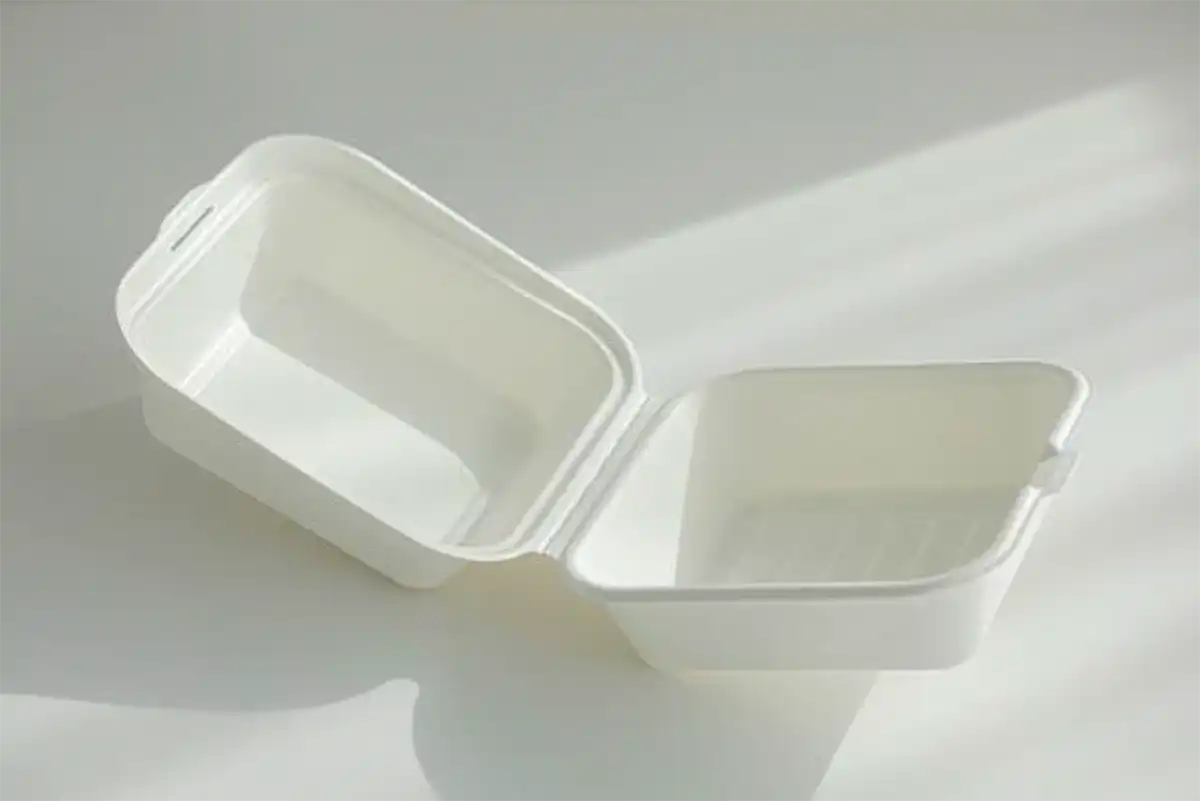
Eco-friendly packaging is designed to minimise environmental impact by using sustainable materials, reducing waste, and promoting recyclability. It is typically made from biodegradable, compostable, or recyclable materials such as kraft paper, bamboo, cornstarch-based plastics, or recycled cardboard.
This type of packaging aims to reduce carbon footprints by utilising renewable resources and minimising harmful chemicals. Many eco-friendly packaging solutions also use soy-based inks, water-based adhesives and minimalist designs to decrease waste.
